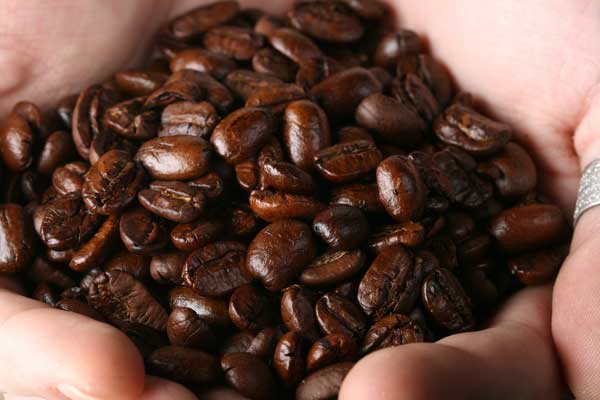Are you a coffee lover who wants to preserve the freshness of your favorite beans? It’s becoming increasingly common in the specialty coffee community to freeze coffee as a means of extending its lifespan. While there are various methods and best practices for freezing coffee, we’re here to explore a simpler approach that treats coffee more like frozen vegetables or chicken nuggets. In this article, we will delve into the easy way to freeze coffee, debunk common misconceptions, and provide you with compelling reasons to give it a try. Let’s dive in!

Is Freezing Coffee Truly Freezing?
When we hear the term “freezing,” we often think of turning a liquid into a solid state, like freezing water into ice cubes. But when it comes to coffee beans, it’s important to understand that the process differs. Coffee beans have very low moisture content, so freezing them doesn’t actually change their state. Instead, it’s more accurate to consider freezing as cold storage. Let’s explore the science behind it.
The Arrhenius Equation and Aging Process
The Arrhenius equation, explained by Dr. Christopher Hinton, reveals an intriguing relationship between movement, temperature, and reaction rates. For every 10-degree Celsius decrease in temperature, the reaction rate slows down by half. Applying this equation to freezing coffee, storing it in a regular freezer can slow down the aging process approximately 16 times. Additionally, even a 10-degree temperature difference can significantly impact coffee storage, depending on your geographic location.

Temperature Considerations and Peak Freshness
Geographical factors play a crucial role in determining the ideal storage duration for coffee. Scandinavian countries, known for their cool temperatures, may allow coffee to be stored for five to six weeks while maintaining freshness. However, if you reside in warmer regions such as Miami or Indonesia, where ambient temperatures are higher, shorter storage times are recommended. This variation in temperature emphasizes the need for alternative storage methods, like freezing, to preserve coffee’s peak freshness.
Simplifying the Freezing Process
Contrary to popular belief, freezing coffee doesn’t have to be complicated. While vacuum packing and single-dose containers have gained popularity, a simpler approach exists. By placing the whole bag of coffee in the freezer, you can achieve effective results without the need for additional equipment or excess plastic waste. Taking a few precautions, such as taping the CO2 degas valve and minimizing oxygen exposure, ensures the coffee remains fresh. Moreover, storing the coffee in airtight containers can prevent any potential food smells from affecting the taste.
Conclusion
In conclusion, freezing coffee can be an easy and efficient method to extend its freshness. By understanding that freezing coffee is more about cold storage than a state change, we can appreciate its benefits. The Arrhenius equation highlights the significant impact of temperature on the aging process, making freezing a viable solution for coffee preservation. Moreover, simplifying the freezing process by storing the whole bag of coffee eliminates the need for complex packaging or equipment.
Whether you’re a supermarket owner looking to diversify your frozen goods selection, a coffee shop aiming to offer a wider range of high-quality coffees, or a specialty coffee enthusiast seeking to explore new options, freezing coffee presents an exciting opportunity. Try experimenting with freezing coffee in your regular coffee bag and observe the results firsthand. Share your experiences in the comments below, and let’s continue the discussion on how freezing coffee can revolutionize our coffee-drinking experience.
Remember, freezing coffee is a simple and accessible technique that can unlock a world of freshness and variety in your daily cup. Embrace the freezer and elevate your coffee journey today!
